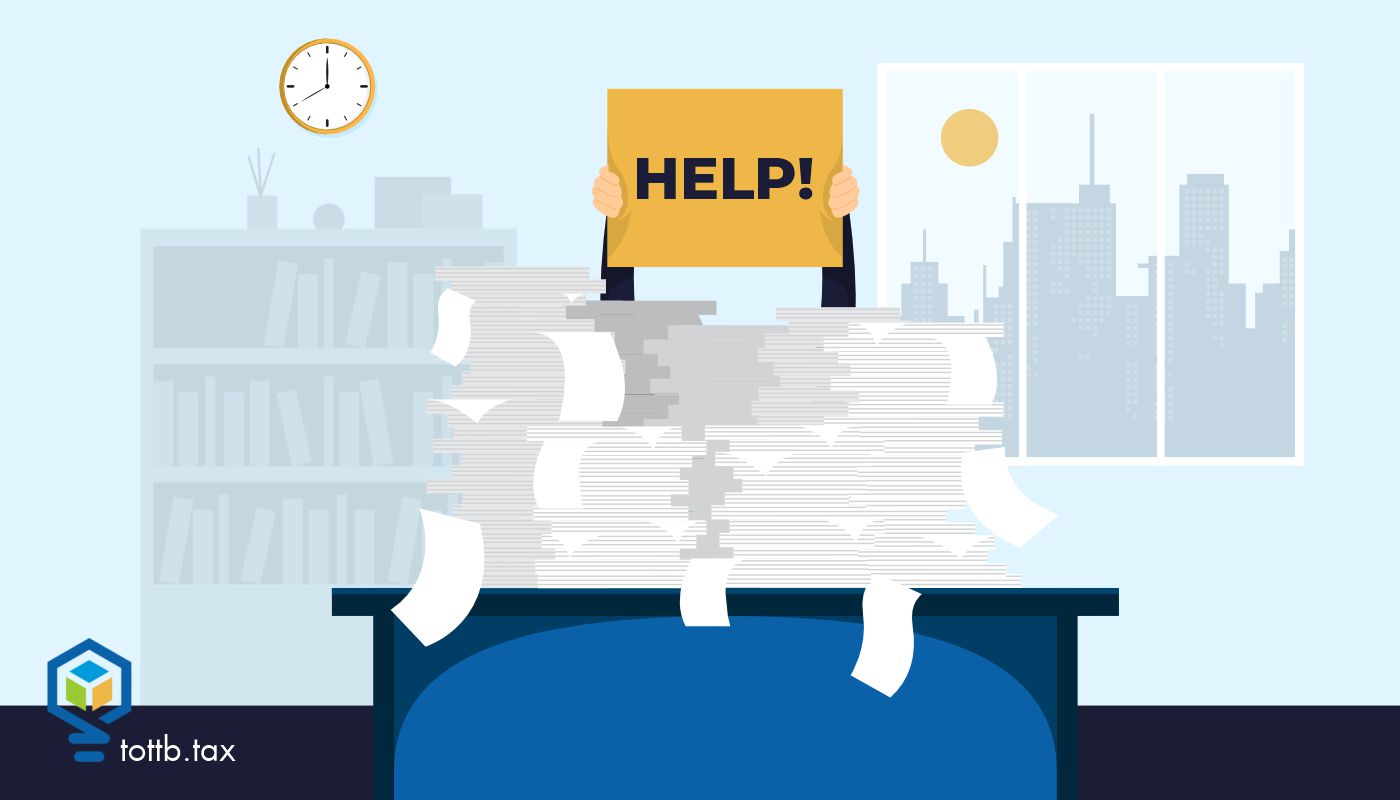
Charitable Impacts of the One Big Beautiful Bill Act
For charitable-minded taxpayers, several provisions in the One Big Beautiful Bill Act (OB3 Act) will impact the tax reduction associated with their charitable giving starting next year in 2026. In one case, the change increases the deductible amount, but all other changes surprisingly reduce the value of charitable contribution deductions. This article will review how the OB3 Act changed the charitable contribution deduction landscape and strategies for tax year 2025 and beyond to maximize the tax reduction value from charitable contributions.












